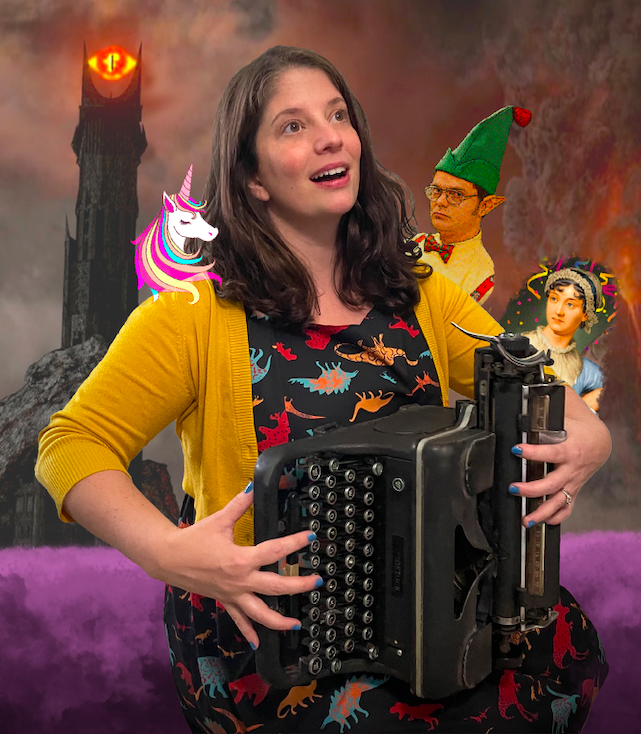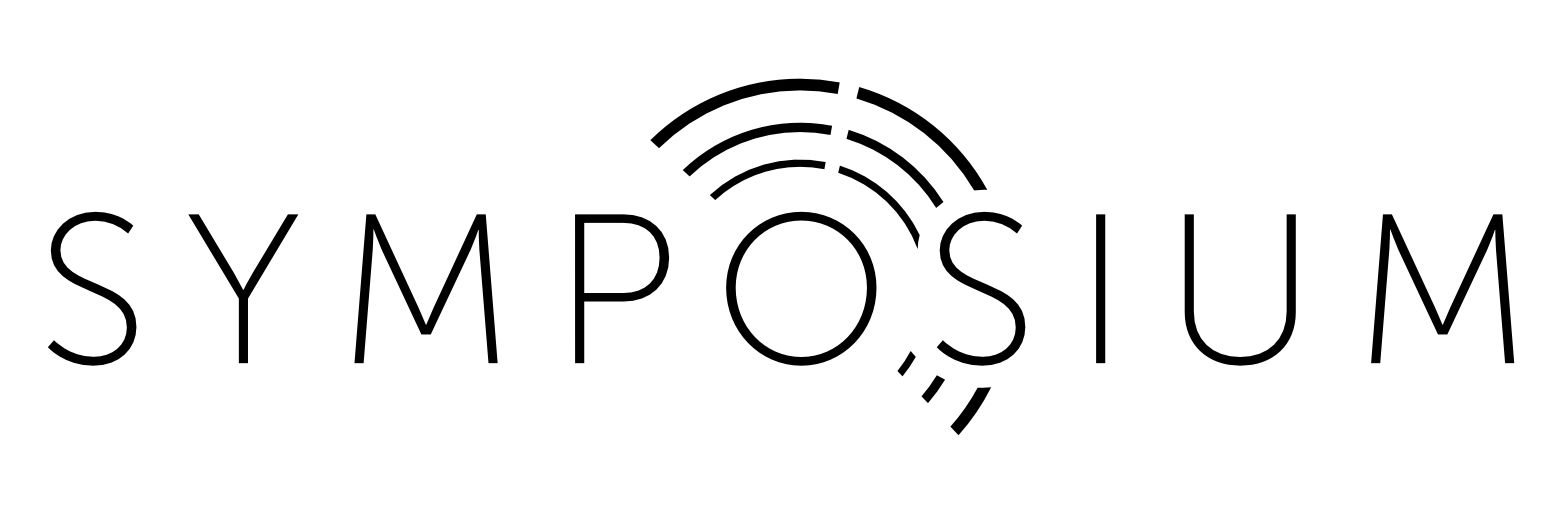
Everything I Know About Writing a Nonfiction Book Proposal
When I first had the urge to write The PhDidn't Handbook, I figured it was a nice idea, and thought I should get to work on the whole manuscript and maybe a query, too.
Oh, my giddy cousins, was I wrong.
After a solid four months researching literary agents who might be interested in my nonfiction idea to see what they wanted with the query (yes, I am that lazy/ingenious and picked my target agents before I even had the thing written), I FINALLY realized that a finished manuscript wasn’t needed. But a proposal was.
Awesome! I thought.
Now what the hell is a proposal?
After another few days, weeks, and then months of digging on Google and through the #AmQuerying and #AmWriting threads on Twitter, this is what I was able to piece together about a proposal for a nonfiction project:
1. The quickest way to learn how to write a nonfiction proposal is to read them. I found a few linked in this Medium article and by asking my close circle of writer buddies if I could see any of theirs.
2. There are as many ways to format a nonfiction proposal as there are teeth in a shark tank. But whatever layout you choose, keep it consistent throughout—as long as it makes sense for the content. Example: I learned quickly to keep most of the proposal sections single spaced, and the sample chapters double spaced. At a glance it will tell the agent if what they are reading is the actual sample or businessy-stuff.
3. Stay on brand. I’m a humor writer, so it’s OK to use a light version of my humor in the proposal. As long as it’s not distracting.
4. Every nonfiction proposal needs some iteration of these sections:
Concept—My pitch! My hook! Written in first person. Might also be called the Overview. May also be broken up into Small Concept and Big Concept.
Author Bio—about the author and what makes her the expert on this particular subject. Why is Erica Davis the only one who can and should write this book? This section is written in third person.
Chapter Summaries—One for each chapter in my planned book. I’ve chosen to include summaries of the supplemental materials for The PhDidn't Handbook like resources, an appendix, and a glossary, too.
Platform—How am I going to tell people about my book? I think of my platform as a literal wooden platform made up of planks of wood. Each plank is one of my avenues for connecting with readers (social media, my alumnae network, writing conferences, et cetera).
Comparative Titles—It’s best to stay recent (no older than five years, or ten, if it’s a really specific topic. Do not quote me on any of this. I love you.)
Market and Publicity—This section details how I’m going to connect with my future readers and/or ideas I have for getting the word out about my book.
Target Audience—This section answers the question Who is this book for?
Chapter Samples—Exactly what it sounds like. The current version of my proposal even includes a title page mock-up, the introduction, and the first two chapters as well a sample page of the appendix and a "Glossary of PhD Jargon." Am I allowed to include all this? I’ll find out and let you know.
5. No two agents have the exact same requirements for a nonfiction proposal, so check their guidelines. Then double check. Some will just say “a proposal.” Others will tell you exactly what sections they want and in what order and font and margin size.
6. I don’t need to have the full manuscript written for the purposes of querying. In fact it may be a waste of my resources because the understanding is that the editor/publisher will help shape the final content. Seriously, nonfiction is its own beautiful beast.
7. I will write at least two proposals for any given nonfiction project. The one that agents see, and the one my future agent helps me write that will be seen by editors and publishers.
8. Memoirs are the exception to nonfiction querying “rules.” Unless otherwise specified by an agent, authors who are querying memoirs need to have the full and polished manuscript ready to go. I repeat: NO proposal, just a completed manuscript. Do not quote me on that until you’ve confirmed with an agent’s submission guidelines.
9. Some agents like proposals for fiction, too. You’ll know by reading their specific submission guidelines. Some of my agented writing buddies talk about how they work on fiction proposals frequently, so I’m guessing it’s likely to happen later down my publishing road the more established I get.
10. The sample chapters go last. I don’t know why. They just do. I’m guessing because the other sections contain the behind-the-scenes business-y stuff. It’s kind of like the gold at the end of the rainbow.
11. Voice is good. Since my actual sample chapters have a lot of humor-voice I’m layering some of that into the more business-y sections. I didn’t know that was allowed until my agent asked me to during our latest round of revisions.
12. These sites were sanity-saving when teaching myself how to actually write the nonfiction proposal that eventually landed me my agent: Writer's Digest, Jane Friedman, and Nonfiction Authors Association.
13. It’s OK to add a photo in the "Author Bio" section especially if it speaks to your personal brand. So rest assured, I am adding this gem (this article's feature photo) to my current proposal for The PhDidn't Handbook.
If you’ve read this far you deserve a treat, so here is the first version of the proposal for The PhDidn't Handbook. Is it perfect? Nope. Did it do enough of an OK job to land me an agent? It sure did.
If you’ve got a book proposal that needs a fresh set of eyes, no matter what stage of development it’s at, check out our Workshop evaluation service options.
Symposium: Writing an Irresistible Nonfiction Book Proposal
Literary agent Dani Segelbaum will discuss the rules of writing the perfect book proposal and help you unpack what's needed to write something enticing and salable.

*Feature Image: Erica Davis / Photo by Erica Davis / Additional art by Erica Davis